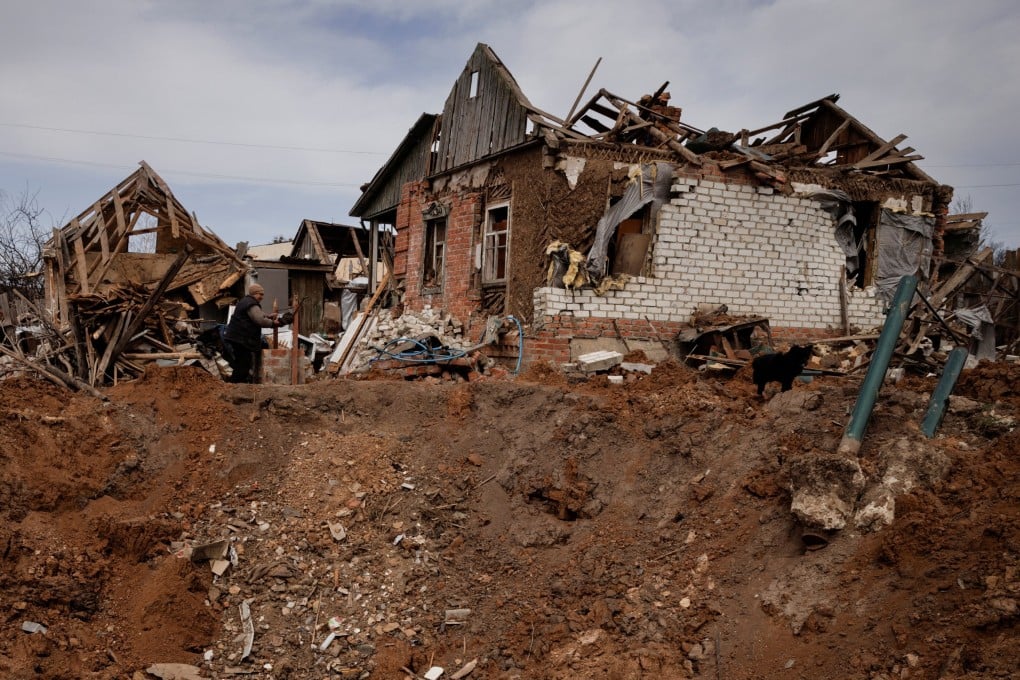Opinion | Ukraine war: failure of the West’s ‘ecumenical peace’ could spill over to Taiwan
- The war in Ukraine reflects a breakdown of the Western management of ecumenical peace in Europe since the end of the Cold War
- Now the West is focusing its attention on China and treating Taiwan as the Ukraine of the East, raising the prospect of another damaging war

China, of course, was never part of it. Thus, China has good reason to see the war in Ukraine as an internecine conflict as its cause has nothing to do with Chinese history and culture.
Russia’s behaviour actually follows the basic rules of the international system founded by Europe in 1648 and enshrined in the Treaty of Westphalia. Two principles are at the core of this system – the sovereign rights of the state and the balance-of-power logic for state security. The Western accusations against Russia only focus on the first but entirely neglect the second.
Chinese leaders have refused to comply with this demand. The danger is that as the ecumenical peace has failed in Europe, politicians in the West might want to focus on the rivalry with China.
